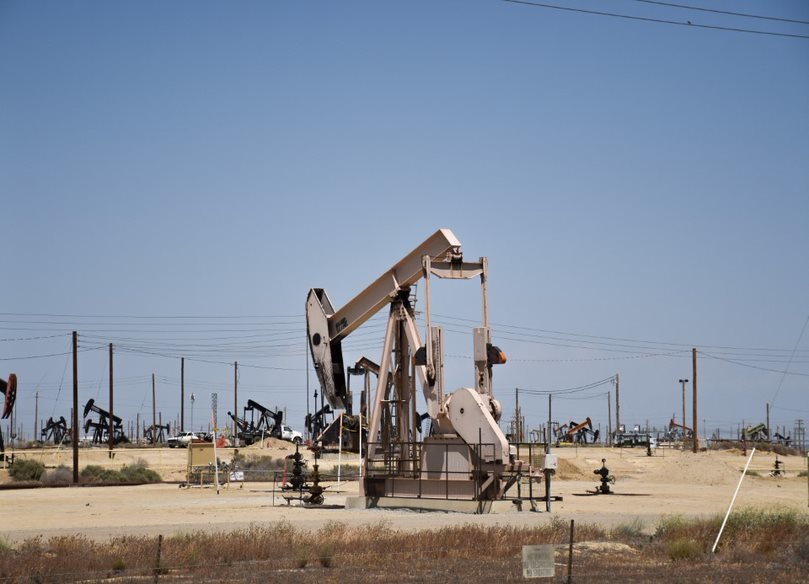
An end to oil and gas drilling in 11 years? It’s what more than 50 Indigenous, environmental and social justice groups want to happen in New Mexico.
They called on Gov. Michelle Lujan Grisham at the start of the 2023 legislative session, to promote science-based climate legislation to phase out oil and gas production by 2034.
In light of the billions of dollars in revenue the oil and gas production brings every year to the state government, the likelihood of such a request being approved is not expected.
Nonetheless, in their letter to the governor, the local and national groups cite New Mexico’s outsize role in producing carbon emissions as home to one of the largest oilfields in the world, the Permian Basin.
“To be true climate leaders, the governor and legislators have to confront the massive carbon pollution produced by drilling and fracking, especially in the Permian Basin,” said Gail Evans, a New Mexico-based attorney at the Center for Biological Diversity’s Climate Law Institute. “Let this be the year New Mexico’s policymakers take action on oil industry emissions, because we’re running out of time. We have a little over a decade to end polluting fossil fuel extraction or face cascading and irreversible harms to people and wildlife in our state.”
“We’re challenging the state’s proposed climate crisis roadmap to lower emissions at a faster pace because net zero, market-based mechanisms, and energy investments like hydrogen and carbon capture will not be enough,” said Julia Bernal, executive director of Pueblo Action Alliance. “Now is the time to act, make the change, and be accountable to our emission count from extractive industries and make an equitable and just transition.”
In addition to urging a rapid phaseout of fossil fuels, groups also called on the New Mexico legislature to adequately fund state environmental agencies. Chronic underfunding at the New Mexico Environment Department and the Energy, Minerals, and Natural Resources Department has led to thousands of unenforced oil and gas industry violations annually. To meet emissions targets, these agencies need the necessary funding and staff to create and enforce rules to protect the public health and the environment.
“New Mexico has a responsibility to our communities to provide a healthy, livable and sustainable future,” said Seneca Johnson, a campaign organizer with Youth United for Climate Crisis Action. “There’s no feasible way for that to happen with the state’s current reliance on oil and gas. Working to preserve a dying fossil fuel industry won’t save us. The only way forward for our communities is to take swift and bold climate action and invest in a just transition for all New Mexicans.”




